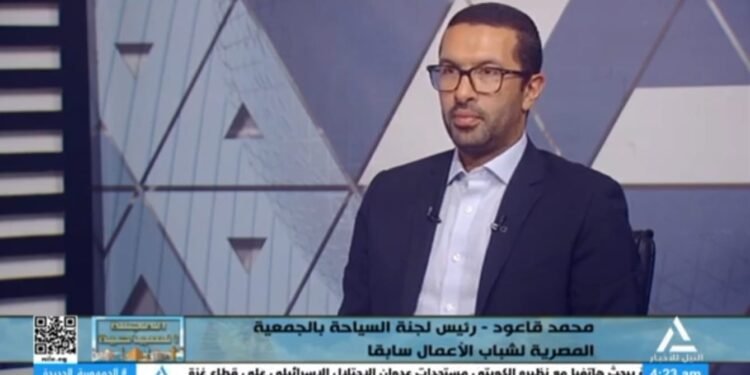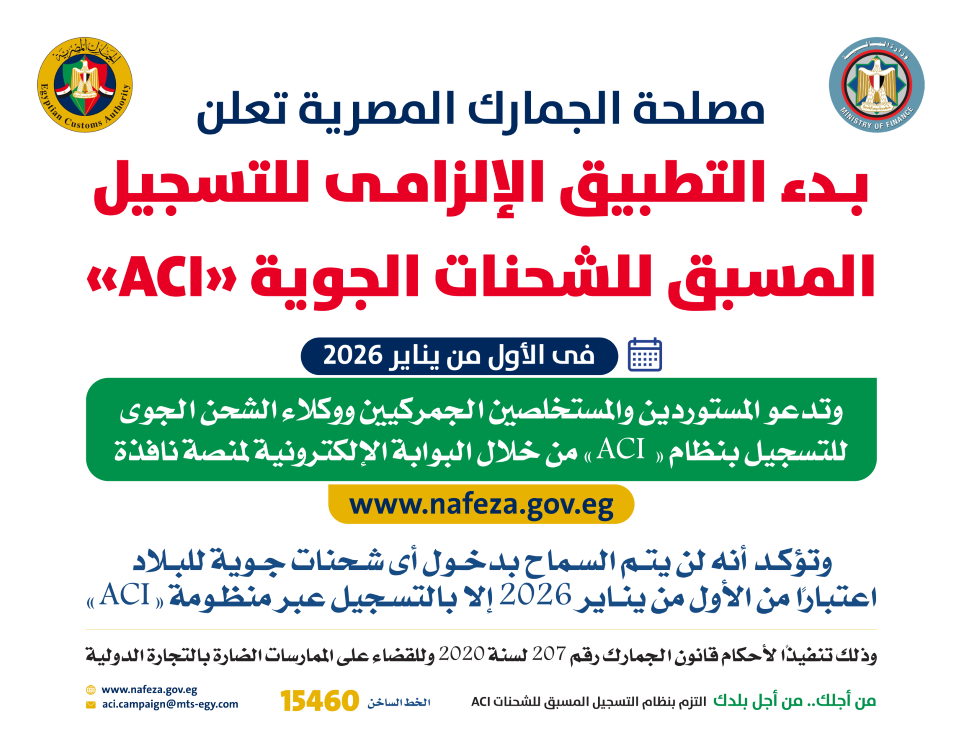ohamed Kaoud: It is essential to continue analyzing the source markets for tourists and monitor the actual results of supply and demand in the cities targeted by the 50 billion EGP initiative.
Mohamed Kaoud: The first areas that the tourism sector support initiative should focus on are Luxor and Aswan.
Mohamed Kaoud, Hospitality Expert and former Chairman of the Tourism and Aviation Committee at the Egyptian Junior Business Association and a tourism expert at an international company, considers the initiative by the Ministry of Tourism and Finance to provide 50 billion EGP in financing facilities to companies operating in the tourism sector to increase hotel room capacity as a very positive step in light of the severe challenges and difficulties the sector has faced since 2011. Indicators of these challenges have included limited investment financing opportunities due to the sector being previously considered high-risk by banks.
Kaoud noted that the initiative represents a significant change in the perception of the tourism sector, acknowledging it as one of the most vital sectors for generating foreign currency, thus enhancing the Egyptian national economy. He pointed out that the initiative aims to increase the accommodation capacity for tourists.
Kaoud highlighted that the success of the initiative requires simultaneous efforts on several fronts to achieve cumulative benefits from the financing provided to tourism companies over the 16-month period for investment in these companies.
Kaoud provided several essential proposals for the initiative’s success, including consulting a globally renowned firm with expertise in budgeting and financing to benefit all companies in coordination with the Ministry of Tourism and Antiquities and the Ministry of Finance. This approach would help capture all expected benefits from the initiative and determine cost management for financed projects based on professional standards within the tourism sector, avoiding inconsistent cost assessments by different companies for similar projects.
Kaoud emphasized the importance of diversifying revenue management methods for the new accommodation capacity added to the sector, relying on a variety of technological management approaches, both high-tech and low-tech. This necessitates the creation of a supportive revenue management system and a dynamic pricing system that adjusts according to demand, promoting competition through lower price levels, thus broadening the profit base and reducing concentration among a few companies.
He also stressed the need to create multiple funding sources for the tourism sector, avoiding the past experience of banks categorizing tourism as high-risk and denying it financing resources under any exceptional circumstances.
Continuous market analysis is a crucial factor suggested by Kaoud to enhance the success of the Ministry of Tourism’s initiative, emphasizing the need for ongoing analysis of tourist source markets to Egypt. Given Egypt’s diverse tourism markets, continuous analysis aids in making financing and investment decisions across the targeted tourist areas, including Luxor, Aswan, Greater Cairo, the Red Sea, and South Sinai, by capturing real figures and results for supply and demand, thus identifying areas needing incentives, facilities, or investment in tourism infrastructure.
Kaoud believes that Luxor and Aswan should be the first areas to receive incentives and facilities aimed at increasing hotel accommodation capacity due to the shortage of tourist rooms there, followed by Dahab and Taba to help hotels overcome challenges resulting from international events and regional conflicts.
Kaoud suggested reconsidering the initiative’s duration, extending it beyond 16 months to align with the time required for hotel capacity development in the targeted areas, which takes substantial time, considering initial development studies alone take at least four months, extending the overall development process to one and a half years, thus potentially missing out on full financing benefits.
Ministers of Tourism and Finance had announced in a joint statement the launch of the tourism sector support initiative, providing 50 billion EGP in financing facilities for tourism companies to increase hotel room capacity, prioritizing Luxor, Aswan, Greater Cairo, the Red Sea, and South Sinai. Beneficiary companies will incur a declining interest rate of 12%, with the drawdown period not exceeding 16 months, ending by June 2026, with a six-month grace period post-drawdown to obtain final or temporary operating licenses.








